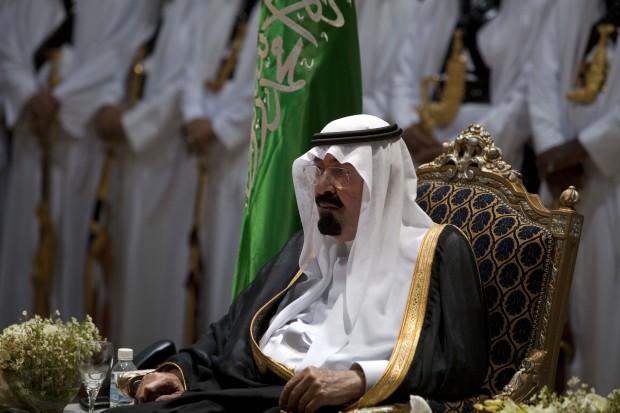Saudi Arabia has made the significant decision to ramp up its efforts to eradicate terrorism and deceptive strains of thought. Saudi Arabia intends to wage a “war” against the extremists who poison the minds of Saudi youth; before, it had primarily concentrated on arresting and prosecuting members of terrorist groups.
These intelligently-waged security campaigns against terrorist cells have produced commendable results, which have since become hallmarks of the security forces’ effectiveness. But despite these successes, more young people continue to fall prey to divergent strains of thought. Some of these victims relapse after having completed a rehabilitation program aimed at deconstructing the insidious concepts of militant extremism that are perverting their minds and replacing them with healthier worldviews. It has become clear that the seeds of these misleading, destructive and fatal philosophies still find fertile ground in the minds of Saudi youth.
The gravity and urgency of this threat makes King Abdullah’s statements during a meeting with Saudi clerics and scholars all the more significant. He said, “Whosoever deludes our youth and our children must answer to God; for them, imprisonment alone is much too lenient a penalty.” In that sentence, the king revealed a significant shift in Saudi counter-terrorism policy. His statements are a clear indication of the seriousness with which the Saudi political establishment intends to pursue the extremists who use television, public venues, publishing houses and social networking sites to disseminate the malicious fatwas that have claimed the lives of many. Many of these extremists who delude our youth are mistakenly perceived as clerics and intellectuals, and some have risen to near-celebrity status and enjoy all of the prestige and financial benefits that come with it.
The battle against these people will not be easy. Swords will be sharpened and specious rhetoric honed in their defense—it will be alleged that they have poisoned minds that should not be criticized, or that they practice exegeses and thus deserve reward—or some other hollow pretense that overlooks the abhorrent deeds they have done and the irreparable damage they have caused.
The importance of the campaign against the extremists cannot be overstated, for they are the source from whence the disease of terrorism spreads. The campaign will screen, disinfect and surgically remove these contaminators with all of the precision of a veteran surgeon. Until recently, these strains of thought have festered unattended, and in that time they grew strong and bold, infecting and compelling young men to undertake deeds at home and abroad that have spread senseless horror and terror.
Saudi Arabia would not be the first country to launch a campaign against a destructive strain of thought. After the collapse of Nazi rule, Germany launched a full-scale psychological war which pursued and prosecuted many Nazi intellectuals and propagandists. The campaign purged German histories and universities of all remnants of Nazi thought, down to the smallest detail. It even refused to spare artistic works thought to stoke Nazi sentiments, including the works of the prolific composer, Wagner, which were a favorite of Adolf Hitler. From that moment on, Germany perceived Nazism as its chief enemy; it criminalized having any association with a movement or party influenced by Nazi thought.
If there is a will—and if the decision is made to launch this campaign—then we may well see staggering results. The time has come for the whole of Saudi Arabia to fight those who would delude and radicalize our youth in order to finally eradicate this scourge. No longer will parents need worry about the minds of their children—something which cannot come soon enough in a country in which more than 60% of the population is under 20 years of age.

Trackbacks/Pingbacks